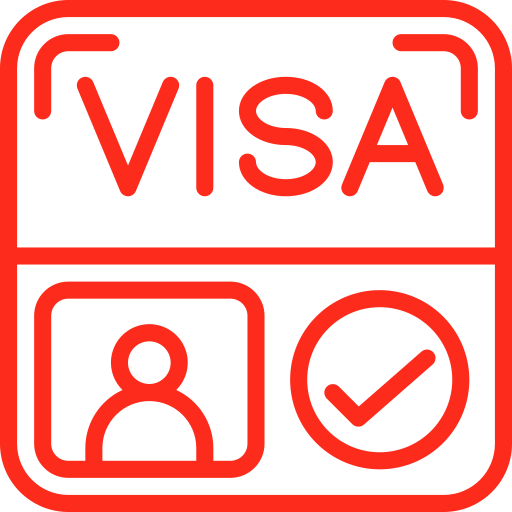
H1B Visas
Information that applies to a variety of different types of temporary work visas.

E2 Visas

General
Information that applies to a variety of different types of temporary work visas.

Work Visas - General
Information that applies to a variety of different types of temporary work visas.

